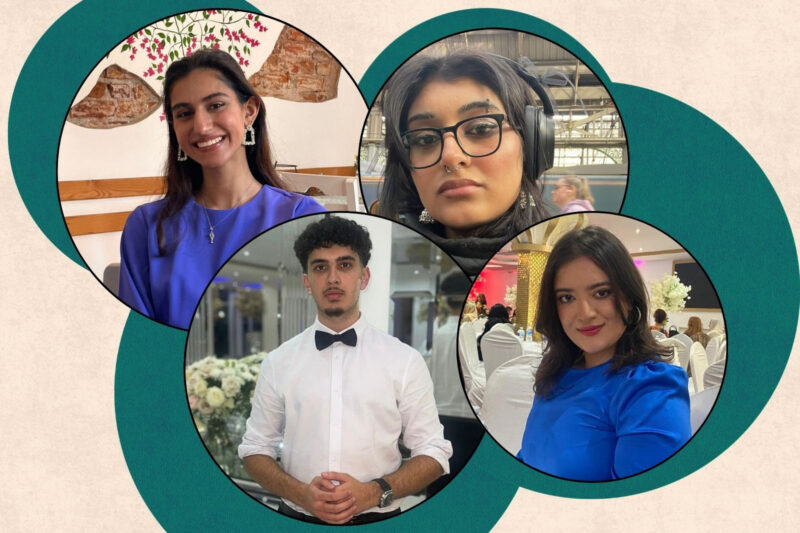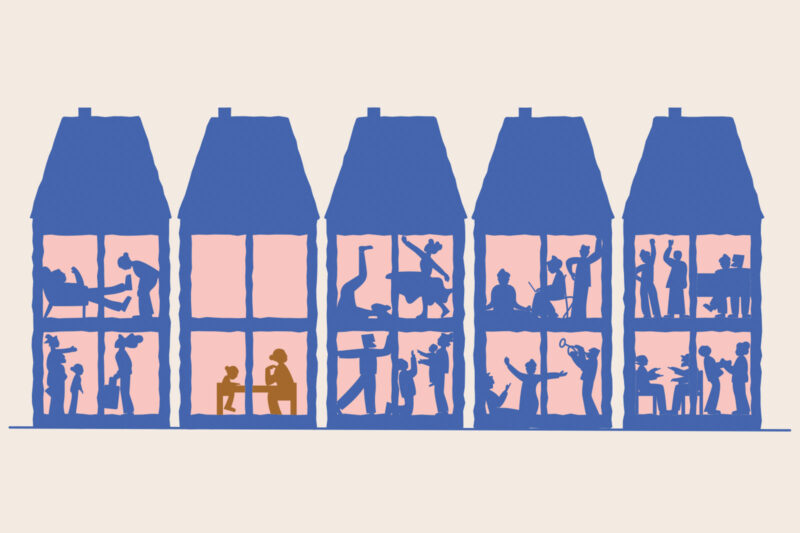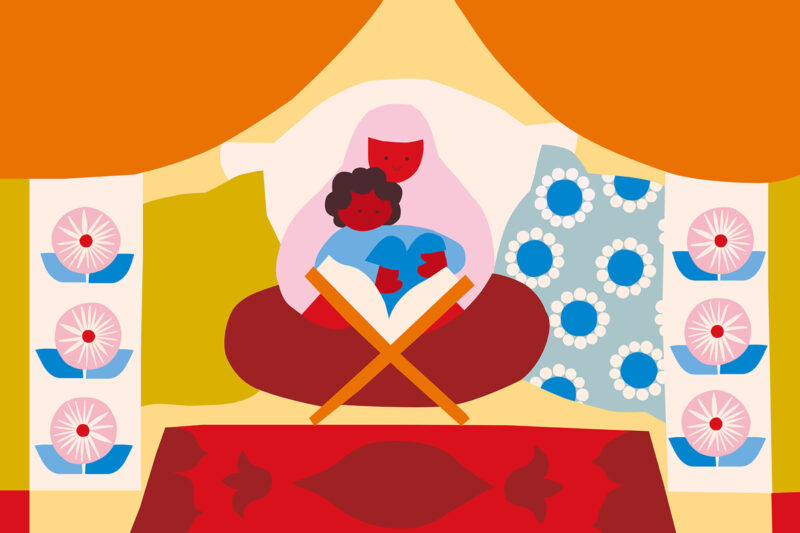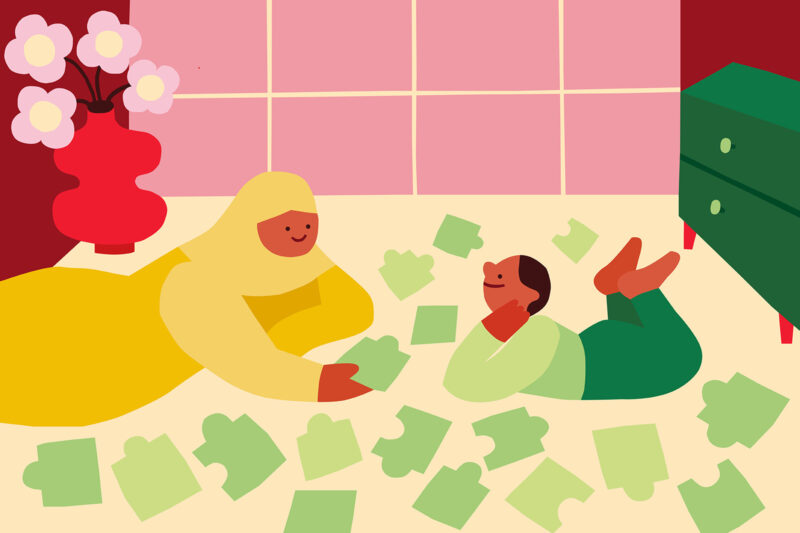
They say it takes a village to raise a child, but what if you don’t have a village?
Without wider support from relatives and with a partner working full time, I bear the brunt of childcare
Almost every day I hear the sound of a car pulling up outside my neighbours’ house — it’s their parents arriving to help with childcare. My husband and I don’t have this kind of support and I would be lying if I said I didn’t envy my neighbours’ setup. But with family members living abroad and others with deteriorating health, childcare is a juggle between my husband and me.
That means no date nights, no romantic weekends away, and if either of us wants to escape for a couple of hours to the gym or to see a friend, it has to be planned days in advance.
In many South Asian and Middle Eastern communities, family is everything, which means you’re usually surrounded by a support network of relatives who can step in to lend a helping hand. When my husband and I purchased the house next door to my in-laws, I hoped I’d have this constant back up. My mother-in-law did kindly help take care of Ammar when I was seriously ill with postnatal depression following his birth. If it had not been for her, I could have ended up in a mother and baby unit. But her health has since deteriorated and we have lost our only source of extra support.
So ultimately, I, as Ammar’s mother, bear the brunt of the child rearing. I had returned to work about a year after he was born, but the juggle between this and childcare became too much. I felt like I could not give all of myself to either. So my husband and I made a mutual decision that I would freelance instead, while taking on the primary caregiving. I was happy to do it, knowing I would be able to spend precious moments with my son. I believed I would still have momentary respite with help from family or Ammar going to nursery.
But the reality has been different. We haven’t been able to call on the wider family support network, nor make use of private childcare as it is prohibitively expensive. This disproportionately impacts women, with one in 10 leaving their jobs because of a lack of childcare support. Although the government now offers childcare vouchers for two- and three-year-olds, I haven’t been able to make use of these benefits because my child has additional needs.
Instead, we do our best to try to split household chores and parenting equally. But it still feels unfair. My husband is fantastic at playing with Ammar, but when it comes to the practical caregiving — the feeding, the washing, the potty training and night time care — that falls on me. Sometimes, I can’t help but feel like the boring parent, responsible for all the serious aspects of Ammar’s care, while my husband is the fun one.
So many women end up taking on this emotional and physical load. Even in households where couples believe they have an equal share of childcare and chores, there is hidden mental labour that mothers carry, which would probably explain why I feel chronically overwhelmed. Culture and society tell us that as mothers we should naturally know how to cope and manage with the labour of parenting. But this is a flawed idea of motherhood.
I know I have been blessed with a son and husband I adore. In many ways, my relationship with my husband has strengthened as we’ve raised a child together. But as parents, it’s important to process those times of difficulty, and to be aware when it all feels too much. Mostly, we need to acknowledge the extra work many mothers take on, especially when many of us are doing this alone, and don’t have a village to help raise a child and hold us up.
To avoid complete burnout and resentment, my husband and I are now trying the 3×3 rule, where each parent gets three hours a week to do whatever they want, on their own. My gym time is precious to me, so three times a week I get to work out for an hour. I come back feeling mentally stronger and ready to take on toddler tantrums once again.
I am hopeful that should Ammar one day become a parent, he would shoulder some of the mental and emotional labour that goes into raising a child. I hope that he will be part of the egalitarian Muslim family model I had wished for us. But for this to happen, he needs his parents to set examples, and for us to shift the perception of the role parents play.
 Newsletter
Newsletter













